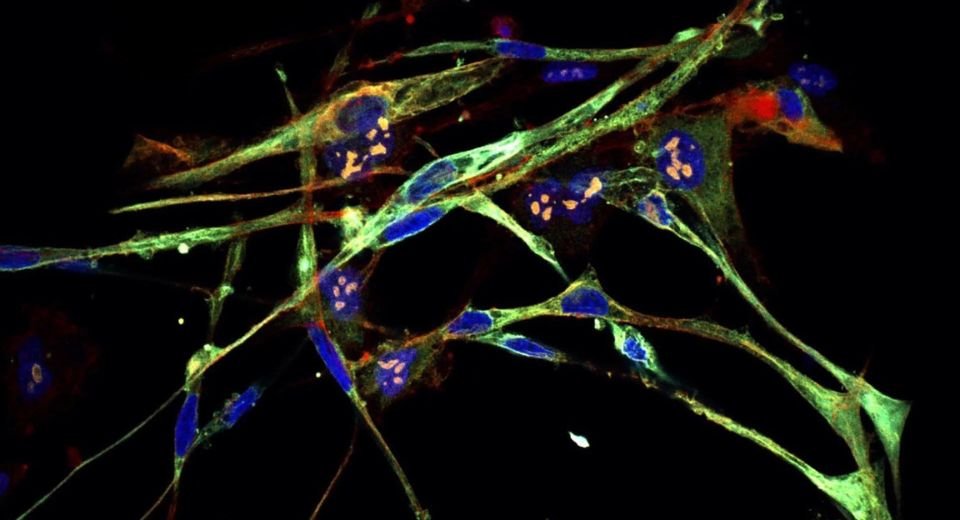Bharti Jayshankar
August 30, 2024: A recent study has found that the insertion of mitochondrial DNA into the nucleus of brain cells, a process called Numtogenesis, can potentially lead to earlier death in some people.
These DNA remnants are called nuclear-mitochondrial segments—NUMTs, and have been accumulating in our chromosomes for millions of years. This Numtogenesis is still continuing.
The research was led by Martin Picard from Columbia University and Ryan Mills from the University of Michigan. The researchers analyzed DNA sequences from over 1,000 older adults and discovered that people with more NUMTs in their prefrontal cortex had a shorter lifespan compared to those with fewer NUMTs.
Mitochondrial DNA and nuclear genome
Mitochondria, often referred to as the “powerhouses” of cells, have their own DNA, which is a remnant of ancient bacteria. These mitochondrial DNA segments, have been accumulating in our chromosomes for millions of years and are present in all of us. These inherited DNA segments are found in 1 in every 4000 births and are mostly benign.
However, the study suggests that the insertion of these DNA segments into the nuclear genome of the brain can have significant consequences, particularly in brain cells, where damaged neurons are not easily replaced. Their analysis showed that nuclear mitochondrial DNA insertion happens in the human brain—mostly in the prefrontal cortex—and likely several times over during a person’s lifespan.
Stress and NUMT accumulation
The researchers also found that when mitochondria are stressed, the cells accumulate NUMTs at a much faster rate, indicating that stress can contribute to the insertion of mitochondrial DNA into the nuclear genome. This discovery highlights the importance of mitochondria in shaping our health beyond their role in energy production, as they can control gene expression and even alter the nuclear DNA sequence itself.
The study emphasizes the need for further research into the relationship between mitochondrial dysfunction, NUMTs, and their impact on brain health and lifespan.
Understanding these mechanisms may lead to the development of targeted interventions to prevent the onset of neurodegenerative diseases.
The study is published in PLOS.


